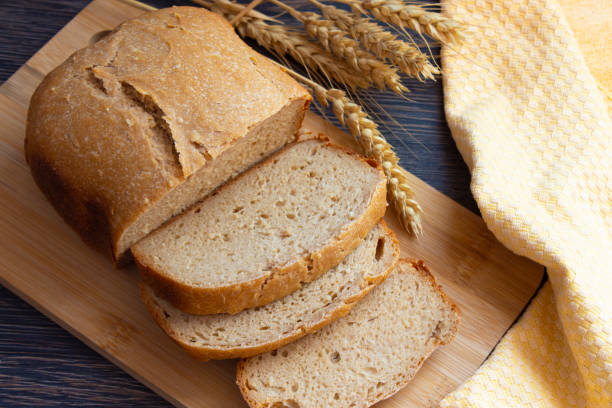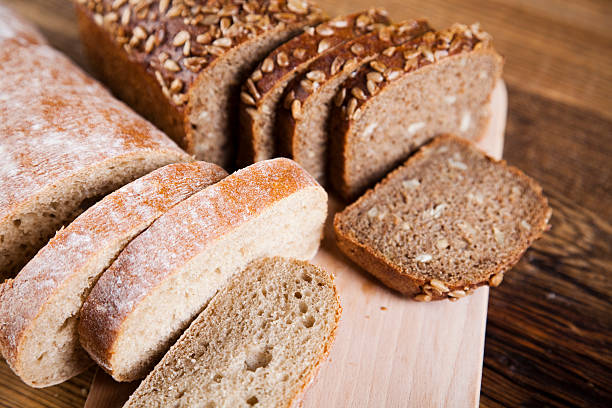Whole wheat bread is a staple food in many households, but is it really a healthy option? The nutritional value of whole wheat bread and its potential health benefits are the subject of ongoing debate and research. In this article, we will explore the nutritional value of whole wheat bread, as well as its potential health benefits and drawbacks.
First, let’s take a look at the nutritional value of whole wheat bread. Whole wheat bread is made from whole wheat flour, which is created by grinding the entire wheat kernel, including the bran, germ, and endosperm. This process preserves the nutrients found in the wheat kernel, resulting in a bread that is higher in fiber, vitamins, and minerals than white bread.
One of the major nutritional benefits of whole wheat bread is its high fiber content. Fiber is an important component of a healthy diet, as it helps to regulate digestion and promotes feelings of fullness, which can help with weight management. Whole wheat bread typically contains around 2-4 grams of fiber per slice, while white bread contains less than 1 gram per slice.
Whole wheat bread is also a good source of vitamins and minerals, including B vitamins, iron, and zinc. B vitamins are essential for energy metabolism, while iron is necessary for the production of red blood cells and zinc is important for the immune system. Whole wheat bread contains more of these nutrients than white bread, which has had most of the bran and germ removed, hence losing the nutrients.
In addition to these specific nutrients, whole wheat bread contains antioxidants which may help to protect the body against certain diseases. These include phenolic acids, flavonoids, and phytosterols, which have been shown to have anti-inflammatory, anti-cancer, and cholesterol-lowering properties.
With all these nutrients, does this make whole wheat bread a healthy option? The answer is not a straightforward one. While whole wheat bread does offer a number of nutritional benefits, it is important to consider the overall healthfulness of your diet. Just like any other food, it can be unhealthy if consumed in excessive quantity. Additionally, many whole wheat bread products on the market today may not be made from 100% whole wheat flour and may contain added sugars, preservatives, and other ingredients that can detract from its healthfulness.
Moreover, many people have gluten-intolerance, celiac disease or other conditions where they must avoid gluten. For these individuals, whole wheat bread may not be a suitable option. It is important to consult with a healthcare provider or a dietitian to determine if whole wheat bread is a safe and healthy option for you.
In conclusion, while whole wheat bread offers a number of nutritional benefits, it’s important to consider the overall quality of the bread and the individual’s dietary needs and restrictions. Whole wheat bread can be a nutritious addition to a healthy diet, but it’s important to choose a high-quality product and consume it in moderation. Additionally, for people with gluten-sensitivity or celiac disease, it’s important to consult a healthcare professional before incorporating whole wheat bread into your diet. With proper balance and attention, Whole wheat bread can be a good choice to include in your diet for its nutritional values.

 Home
Home Health
Health Diet & Nutrition
Diet & Nutrition Living Well
Living Well More
More












